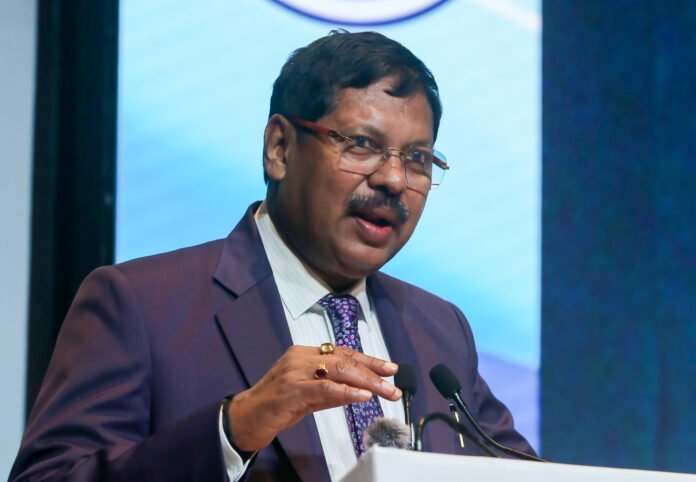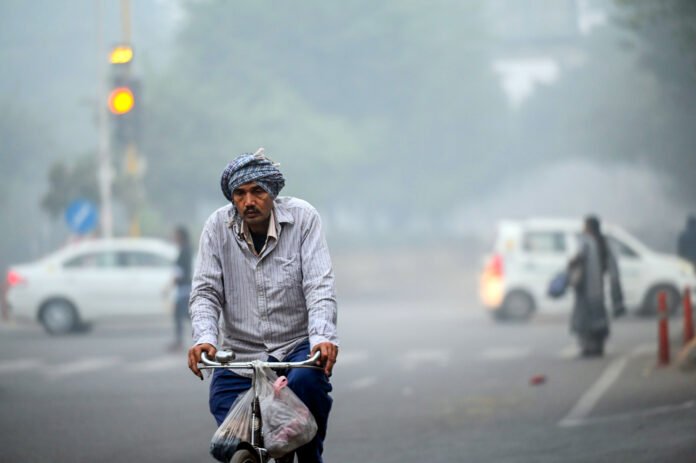Chief Justice B.R. Gavai told a crowd in New Delhi that courts are more than just places where disputes are settled. In his talk, “Courts and Constitutional Governance,” at the Royal Institute of Management, he said the judiciary is the “moral conscience of the Constitution” and must keep democracy strong, protect fundamental rights, and hold power accountable.
The lecture was part of the Fifth Wisdom for Future Talk Series hosted by JSW School of Law. Attendees included Bhutan’s Princess Sonam Dechan Wangchuck, Chief Justice Norbu Tshering, judges, legal scholars and students. Gavai praised Bhutan as a “living lesson in what an ideal civilization could be,” noting how the country balances tradition and progress while staying true to Buddhist values.
Gavai revisited key Indian Supreme Court decisions that shape the country’s constitutional landscape. He highlighted the 1973 Kesavananda Bharati case, which introduced the “basic structure doctrine.” According to the Chief Justice, the ruling ensures that Parliament may amend the Constitution but cannot destroy its core principles. He said that this idea has influenced courts worldwide and underscores the idea that constitutional amendments must respect the Constitution’s spirit.
The Supreme Court’s evolving view on rights, Gavai explained, includes free legal aid, speedy trials, education, health, shelter, clean air and water, privacy, and even protection from climate‑change damage. These are not abstract promises; courts must translate them into real actions that citizens can rely on. “Rights are meaningful only when they are enforceable, accessible and shape people’s everyday lives,” he said.
Gavai stressed that a court’s legitimacy comes from moral integrity, not mere authority. “Public trust is the judiciary’s most valuable asset,” he remarked. The Chief Justice urged judges to be transparent, reasoned, and consistent in their decisions. According to him, fair and courageous judgments ensure people believe that justice is done without fear or favour, strengthening the entire constitutional system.
In closing, Gavai lauded Bhutan’s commitment to Gross National Happiness, calling it a constitutional blend of justice and wellbeing. He reaffirmed the shared values between India and Bhutan, saying the two countries will remain partners in building a fair and compassionate world. The audience heard him say, in Bhutanese, “Kadrinchey la” – thank you – echoing a promise of continued friendship and shared dedication to justice.
Source: ianslive
Stay informed on all the latest news, real-time breaking news updates, and follow all the important headlines in world News on Latest NewsX. Follow us on social media Facebook, Twitter(X), Gettr and subscribe our Youtube Channel.



